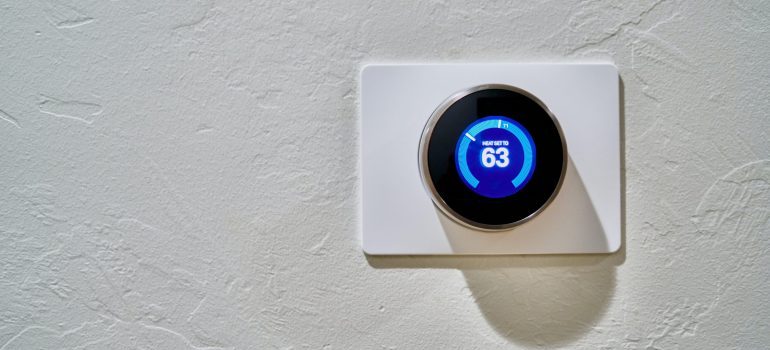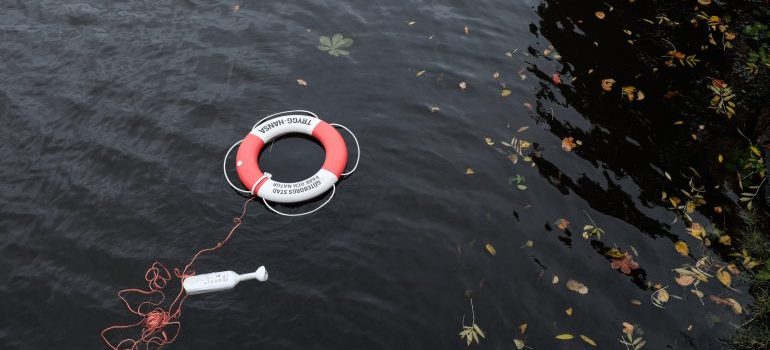Storing your piano: dos and don’ts
As one of the finest moving companies NYC, we provide you with a seamless relocation experience!
GET A FREE QUOTE
Are you one of those antique instrument lovers and have at least one specimen in your home? It is so great having the sounds of a piano coming out of your living room. Even if you are not a professional musician, it is quite a pleasure being able to produce such delicate tones. But what happens when you need to move? The piano needs to move with you of course. If in doubt, call piano movers NJ, as they will be able to assist and answer your queries. Even after you move the instrument, you still need to figure out where you will keep it. If you move to a smaller house or an apartment, you might need to look for options for storing your piano. Let us help you with some dos and don’ts when it comes to storing a piano.
For storing your piano, find storage with indoor access
If you must put your precious instrument in a storage unit, you need to find the one with indoor access. You do not want storage units with all external walls as it might have an effect on the piano. Regardless of the material unit walls are made of, temperature changes can have an impact and you risk some permanent damage. So when storing your piano, never put it against the external wall. Ask your movers NYC is they provide a service of storing other than moving. It might help immensely as you will not need to look further for this type of service. Ask for storage with internal walls, so you can be sure your valuable instrument is safe.
Make sure that the storage temperature is right
It is not enough just storing your piano and leaving it in the storage facility. You still need some additional parameters, to be sure that there will be no damage. One of the parameters is temperature. It is said that you need to keep it between 65 and 72 degrees Fahrenheit. That way you will avoid having your piano lose its resonance and pitch quality. In order to have the desired temperature, it is best to have climate controlled storage NJ movers can provide. These temperature-controlled units cost more, but that is nothing compared to the value of your instrument. And we are not talking about the monetary value only, but emotional as well.

When storing your piano, make sure you insure it
One of the things you need to do when having high valuable things among your possessions is to insure it. Like you would insure a house or a car, you can also insure a piano. You will be able to sleep better once you do this. Another thing is protecting it physically. Don’t just leave the piano uncovered and bare. Even though you have a storage unit with perfect temperature and level of humidity, you must try and keep it from the dust. Once the dust gets into your piano, it can affect the strings and keys. You can cover it with a regular sheet, made of breathable and organic material.

The don’ts of storing a piano
As we already mentioned, you should not leave your instrument in an outdoor unit, with no temperature regulated. Even if you are only leaving the piano for a few days, it can sustain serious damage. We will mention the most common don’ts:
- Water damage – if by any chance water leaks into your piano, you are facing problems. Some of them being warped wood or keypads falling off.
- Temperature damage – If left in an outdoor storage unit, the piano can sustain damage with even the slight change in temperature. You are looking at wood shrinking and expanding, depending on the weather. This will later cause wood to splinter, and high temperatures can also make the glue go weaker.
- Do not leave the piano on the ground – Always have the piano lifted on a pallet. In case of a flood, your instrument will be safe.
- Don’t disassemble your piano – It might sound like a good plan at some point to disassemble certain parts of your piano. Do not go for it. If you remove the lid or the soundboard, it will leave the strings and other smaller parts too exposed.
